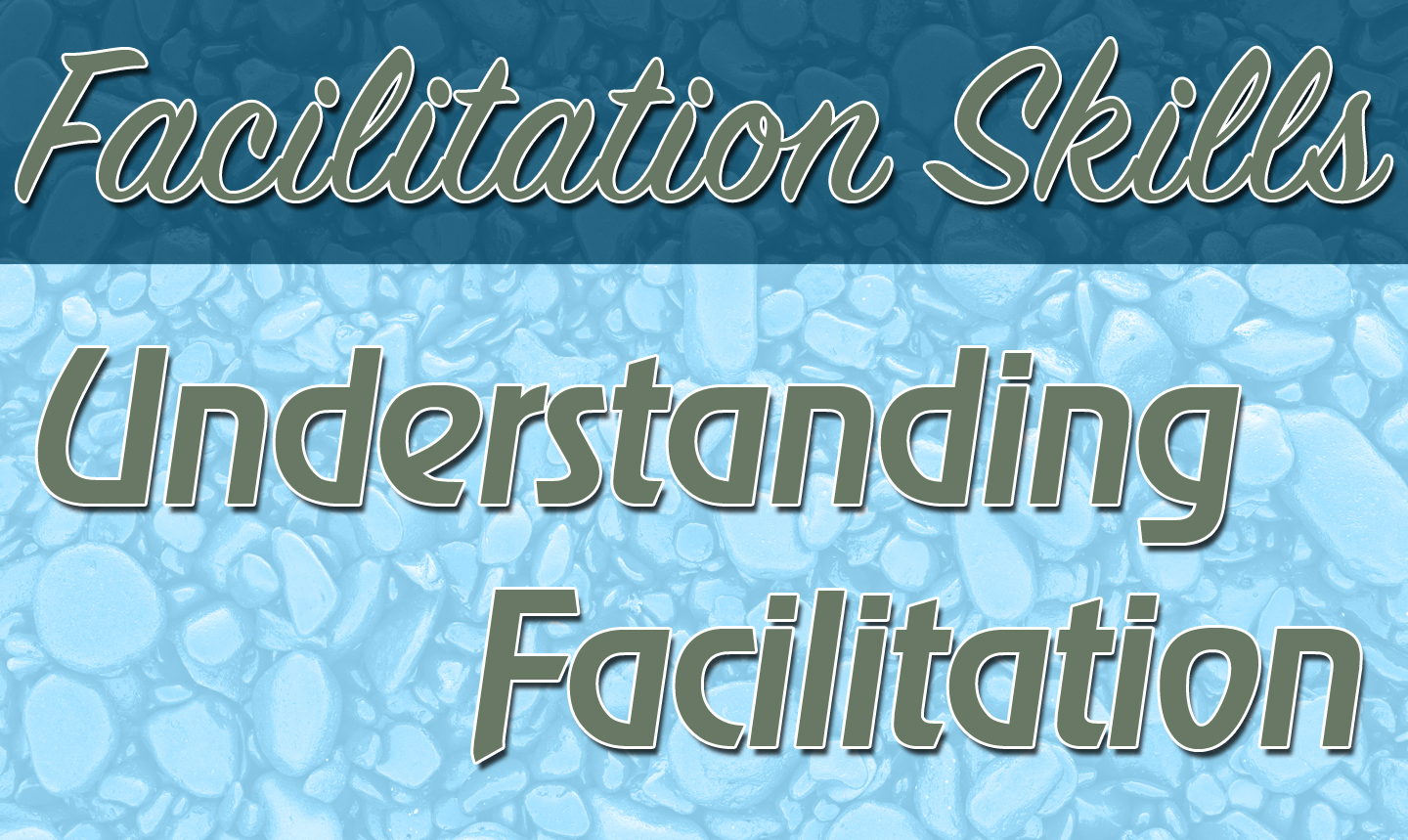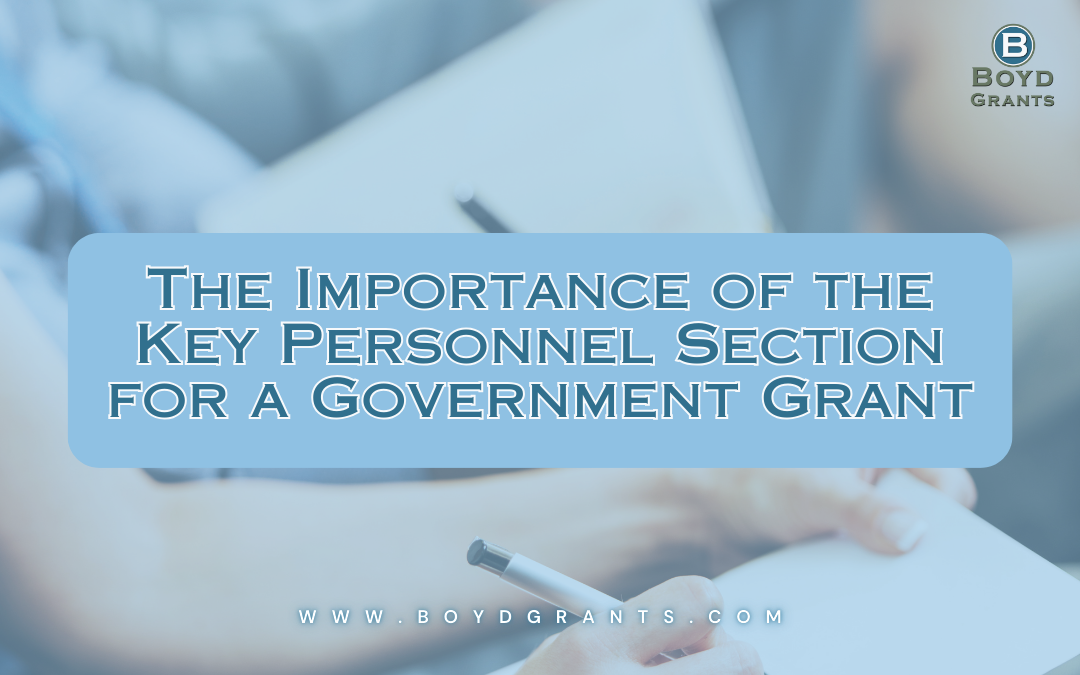
According to Webster’s dictionary, “facilitate” means to make easier or less difficult. Effective facilitation should result in meetings where leaders and group members experience few obstacles and difficulties.
There are two types of facilitators: Outside Facilitator and the Facilitative Leader
An outside facilitator is often viewed as a neutral third-party , content neutral person who helps to increase the effectiveness of a group or organization by helping with group process. The facilitator is the process expert and can help improve the way the group identifies problems, solves problems, and makes decisions. Typically this type of facilitator works with a group on a short-term basis to solve a problem or help develop long-range or strategic plans.
The second type of facilitator is the facilitative leader . This person is a member of the group or organization and is vested in the group and its mission. He or she is a process and content expert. This person has many of the same skills as the outside facilitator, but uses them to help the group move forward. The facilitative leader, like the outside facilitator, uses fair, open and inclusive ways to enable all members to take part but can also voice his or her own views.
Often times organizations opt to use a facilitative leader as there is no additional cost with this option.
Just like a coach, the facilitator watches the group, offers tips on performance and keeps the team on track, working toward a common goal. The facilitator helps to guide the dynamic of the group and the flow of the meeting. By doing so, this allows the group to clarify its goals or desired outcomes. The facilitator also helps group members use the same tool at the same time, on the same problem to carry out its goals or outcomes. Sometimes this involvement means helping the group change directions and redefine its goals and desired outcomes.
Here a few things the facilitator should do:
- Help the group focus its energies on a task
- Suggest methods and procedures
- Protect all members of the group from attack
- Help find win/win solutions
- Make sure that everyone has the opportunity to participate
- Periodically summarize the group consensus on issues to validate and clarify the progress of the discussion
I hope this gets you on the right path as a facilitator. Next week we will discuss how a facilitator deals with difficult people.
Related Articles

The Importance of the Key Personnel Section for a Government Grant
The Importance of the Key Personnel Section for a Government Grant The Key Personnel Section in a government grant application is one of the most critical elements, as it showcases the qualifications, expertise, and capacity of the individuals responsible for...


